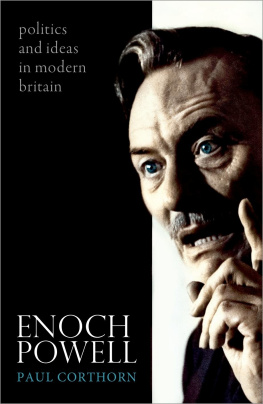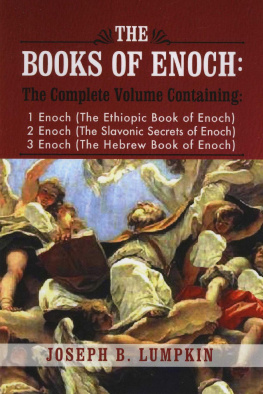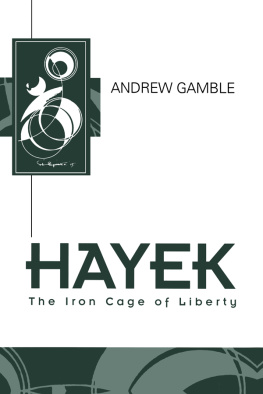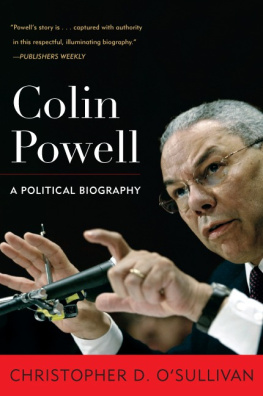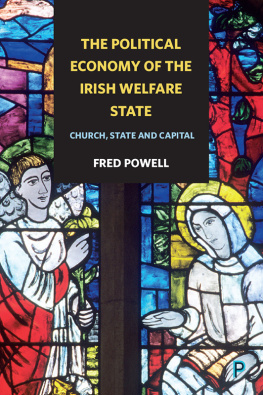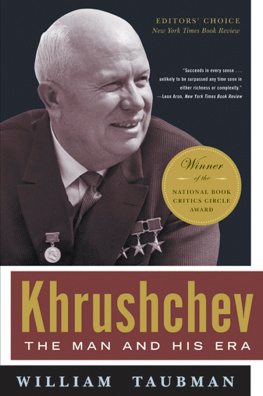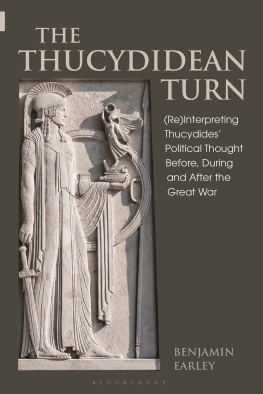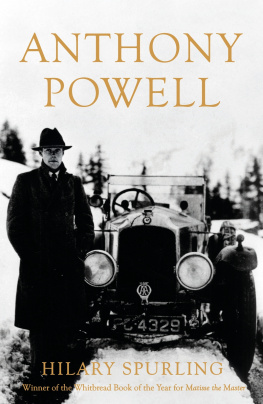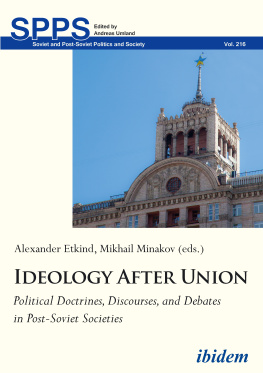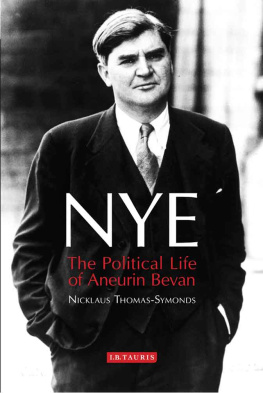Oxford University Press is a department of the University of Oxford. It furthers the Universitys objective of excellence in research, scholarship, and education by publishing worldwide. Oxford is a registered trade mark of Oxford University Press in the UK and in certain other countries
All rights reserved. No part of this publication may be reproduced, stored in a retrieval system, or transmitted, in any form or by any means, without the prior permission in writing of Oxford University Press, or as expressly permitted by law, by licence or under terms agreed with the appropriate reprographics rights organization. Enquiries concerning reproduction outside the scope of the above should be sent to the Rights Department, Oxford University Press, at the address above
You must not circulate this work in any other form and you must impose this same condition on any acquirer
Printed and bound in Great Britain by Clays Ltd, Elcograf S.p.A.
Links to third party websites are provided by Oxford in good faith and for information only. Oxford disclaims any responsibility for the materials contained in any third party website referenced in this work.
Acknowledgements
My interest in Enoch Powell developed after I moved to Northern Ireland to take up a lectureship at Queens University Belfast. Realizing that Powells time as an Ulster Unionist MP had been relatively under-explored, and discovering extensive local source material, I initially imagined that I would write a single article about him. My plans changed after I was elected to an Archives By-Fellowship at Churchill College, Cambridge, allowing me to spend Easter Term 2012 working in the Churchill Archives Centre. I began to appreciate just how rich the Enoch Powell papers held in the archive were, and decided to write a book-length thematic study of Powell.
I have received considerable institutional help. The Schools of History and Anthropology, and now History, Anthropology, Philosophy and Politics, at Queens University Belfast have provided invaluable sabbatical research leavegiving me time for intensive research and focused writing. They have also generously funded extended periods in the archive. The staff at the archives listed in the bibliography have offered expert guidance on their collections. I owe a particular debt to Allen Packwood, Andrew Riley, and the team at the Churchill Archives Centre, who have made my time there particularly productivenot least by delivering material very quickly. I have benefited enormously from Katharine Thomsons exemplary cataloguing of the Powell papers. At Oxford University Press, Matthew Cotton offered enthusiastic support for the book from the outset and much appreciated editorial advice towards the end. The anonymous reviewersof both the book proposal and the draft manuscripthelped me to frame the project itself and to refine the arguments.
Friends and colleagues have assisted greatly along the way. Peter Gurney and Robert McNamara read the book in its entirety, providing rigorous criticism. Kieran Connell lent me the benefit of his expertise on race and immigration. Stuart Aveyard, Graham Brownlow, and Graham Walker helped me to grapple with Powell and Northern Ireland. I still miss the late Keith Jeffery, with whom I discussed this book at length in its early stages. Ian Campbell, Marie Coleman, Sean Connolly, John Curran, James Davis, Aglaia De Angeli, Richard English, Elaine Farrell, Peter Gray, Crawford Gribben, David Hayton, Andrew Holmes, Brian Kelly, Danny Kowalsky, Fearghal McGarry, Ashok Malhotra, Chris Marsh, Eric Morier-Genoud, Margaret OCallaghan, Sean OConnell, Mary ODowd, Sinead OSullivan, Olwen Purdue, Emma Reisz, and Alex Titov have helped to make Queens a congenial place to be a historian. My former colleague Catherine Clinton made me very welcome in Texas when I visited to address a conference on Powell. My friends in the Society for the Study of Labour History, presided over by Keith Laybourn, have taken an interest in my bookeven as my fascination with Conservatism took me away from work on the Labour Party. Dave Cochrane and Barry Phipps have provided excellent company during my research stays in Cambridge. Over the years, my work on Powell has benefited from wide-ranging discussions about twentieth-century British History with my PhD students, including Jonathan Best, Morris Brodie, Matt Gerth, Stephen Goss, Paul Lundy, and Conor McFall.
I am fortunate to have had the opportunity to present papers on Powell to audiences at: the Humboldt University of Berlin; the Central European University; Anglia Ruskin University; the Peoples History Museum, Manchester; the Britain and the World conference in Austin, Texas; the University of Huddersfield; and the University of St Andrews. An invitation to speak on Powell at Sciences Po Lille as my book neared completion gave me the chance to air its main arguments to a specialist audience, including Olivier Esteves and Stphane Porion.
I am grateful to the Trustees of the J. Enoch Powell Literary Trust for permission to quote from the Powell papers held at both Churchill Archives Centre and the Staffordshire Record Office. Members of the public who corresponded with Powell have not been named. The Conservative Party gave permission to quote from material held in the Conservative Party Archive at the Bodleian Library. The Master and Fellows of Trinity College, Cambridge, allowed me to consult the Sir Dennis Robertson papers. The Trustees of the Liddell Hart Centre for Military Archives did the same for the Sir Basil Liddell Hart papers. I thank Alan Sked for taking the time to share his recollections of Powell and the Anti-Federalist League/United Kingdom Independence Party (UKIP) with me. Parts of originally appeared in the Journal of British Studies (vol. 51, issue 4, 2012).
My family has provided much love and support. My father and late mother enjoyed sharing their own memories of Powell with me. Katherine has been my closest companion for nearly twenty years. Our sons, Daniel, George, and Oliver, have kept my spirits up by making every day great fun.
Belfast
August 2018
Contents
Anti-Federalist League
annual general meeting
British Army of the Rhine
British National Party
Common Agricultural Policy
Confederation of British Industry
Campaign for Equal Citizenship
Central Intelligence Agency
Campaign for an Independent Britain
Campaign for Nuclear Disarmament
Conservative Political Centre
Democratic Unionist Party
European Coal and Steel Community
European Economic Community
Exchange Rate Mechanism
European Union
Greater London Council
Institute of Economic Affairs
Irish National Liberation Army
Irish Republican Army
Leaders Consultative Committee
North Atlantic Treaty Organization

